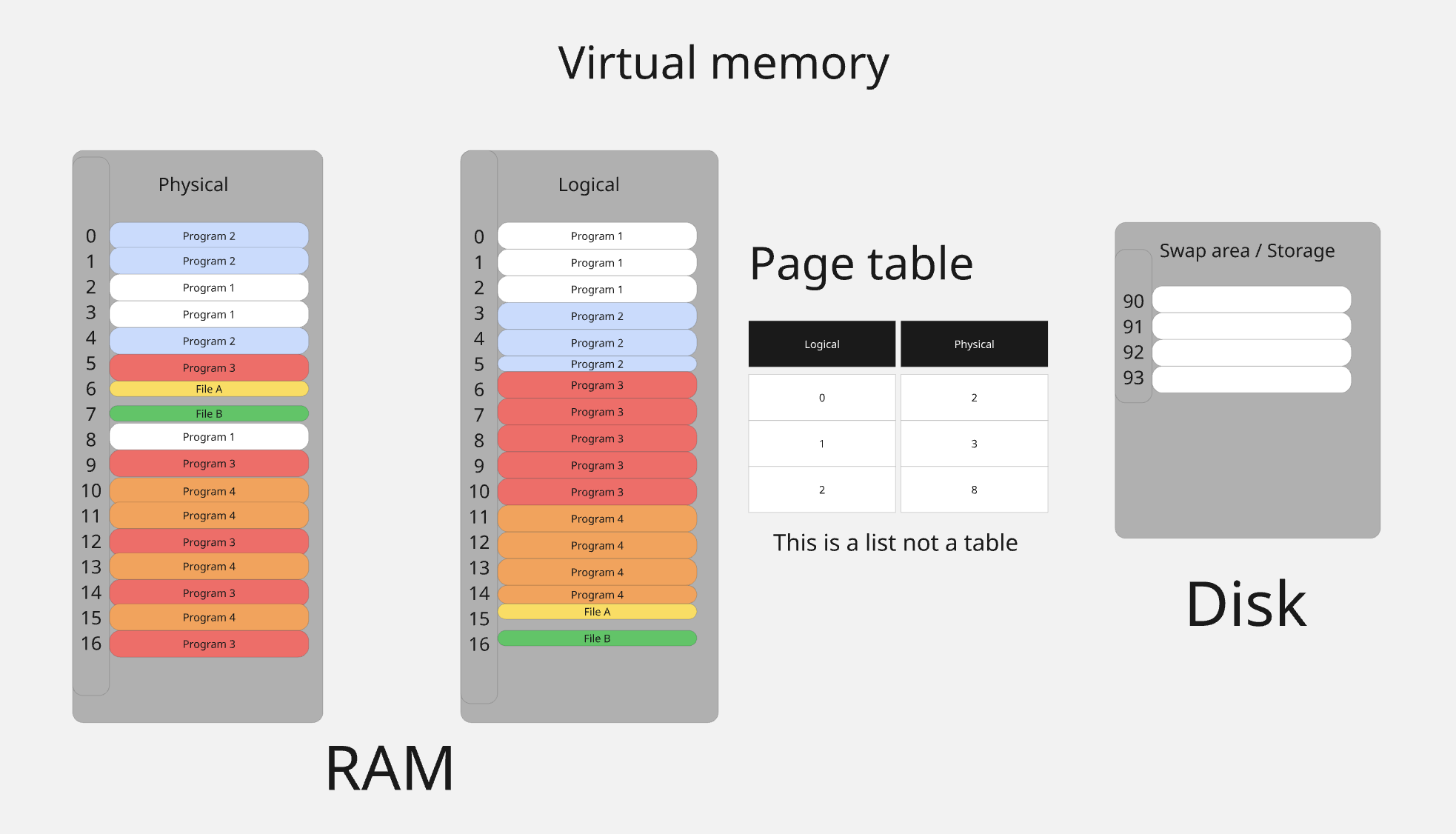A lightweight, functional-style parser combinator library written in Go. Designed to enable rapid creation of complex parsers by composing small, reusable parsing functions.
- ✨ Composable and reusable parser functions
- 📦 No dependencies outside the Go standard library
- 🧪 Easy to test and debug
- 🛠️ Supports basic and advanced grammars
- Seq[A, B](p1, p2) - Sequences two parsers and returns both results as a Tuple[A, B]
- SeqL[A, B](p1, p2) - Sequences two parsers but only returns the left result (type A)
- SeqR[A, B](p1, p2) - Sequences two parsers but only returns the right result (type B)
- Or[A](p1, p2) - Tries the first parser, and if it fails, tries the second parser
- Rep[A](p) - Applies a parser zero or more times, returning a slice of results
- RepNM[A](p, min, max) - Applies a parser between min and max times (inclusive)
- Map[A, B](p, f) - Transforms the result of a successful parse using function f
- Lit(str) - Matches a literal string exactly (automatically skips leading whitespace)
- Re(re) - Matches text using a regular expression (automatically skips leading whitespace)
For parsing recursive grammars (like balanced parentheses), use the Lazy function to avoid infinite recursion:
This example creates a parser that recognizes nested parentheses around the letter "x". It can parse simple content like "x", or the same content wrapped in any number of balanced parentheses like "(x)", "((x))", "(((x)))", etc.
The Lazy function wraps a parser generator function, deferring the actual parser construction until the parser is applied to input. This prevents nil reference errors that would otherwise occur when the parser tries to reference itself during initialization.
While the parentheses example is simple, Lazy enables much more complex recursive grammars. For instance, the repository includes a complete boolean expression parser (examples/expression/) that handles:
- Binary operators: eq, neq, lte, gte, lt, gt
- Logical operators: AND, OR, NOT
- Parenthetical grouping with proper precedence
- Field names and quoted string values
Example expressions it can parse:
This demonstrates how multiple recursive parsers can work together to handle sophisticated grammars with proper operator precedence and associativity.
- DSL interpreters
- Configuration file parsers
- Interpreting simple programming languages
- Log or data format processors
Contributions are welcome! Please open an issue or pull request with your ideas or improvements.
MIT License. See LICENSE for details.
.png)




